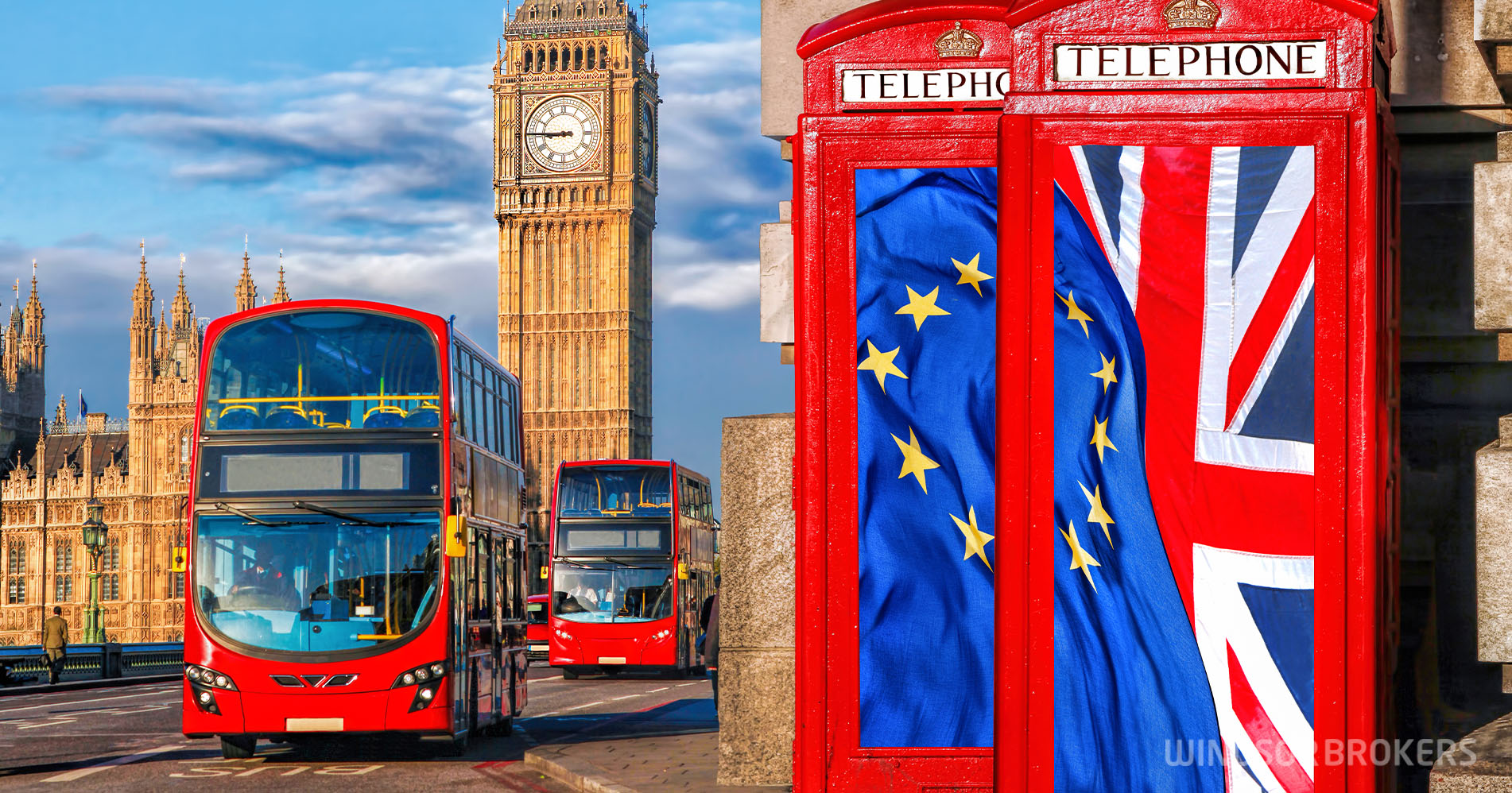Britain’s businesses start to prepare for end of Brexit transition period
After the UK and EU finally clinched a trade deal, preserving zero-tariffs and zero-quota access to the single market of 450 million consumers, Britain urged businesses to prepare for Brexit as transition period, designed to smooth UK’s departure from the European Union, ends on December 31.
The deal provides relief after marathon talks but is not expected to prevent economic pain and disruption for the UK and EU countries, with many aspects of Britain’s future relationship with the EU to be hammered out during coming years.
With the current deal, Britain is expected to see a loss of output of around 4% over 15 years, compared to remaining in the EU.
Compared with previous divorce proposals, the deal is not much better in economic terms than a no-deal scenario and seen as hard Brexit, with major difference that no-deal would hit the economy immediately, while a hard Brexit is expected to continue to hurt the economy over decades.
The transition period was initially agreed to keep existing trade ties until initially planned March 29 2019 but Brexit was delayed until Jan 31 2020.
The cabinet office minister Michael Gove said that the deal brings challenges and opportunities, and businesses need to adjust to new conditions by getting ready to practical and procedural changes, although the time to make these changes is very short.
The government said that businesses need to understand new rules on importing and exporting goods between the Britain and the European Union, with different rules that apply to trade with Northern Ireland.


